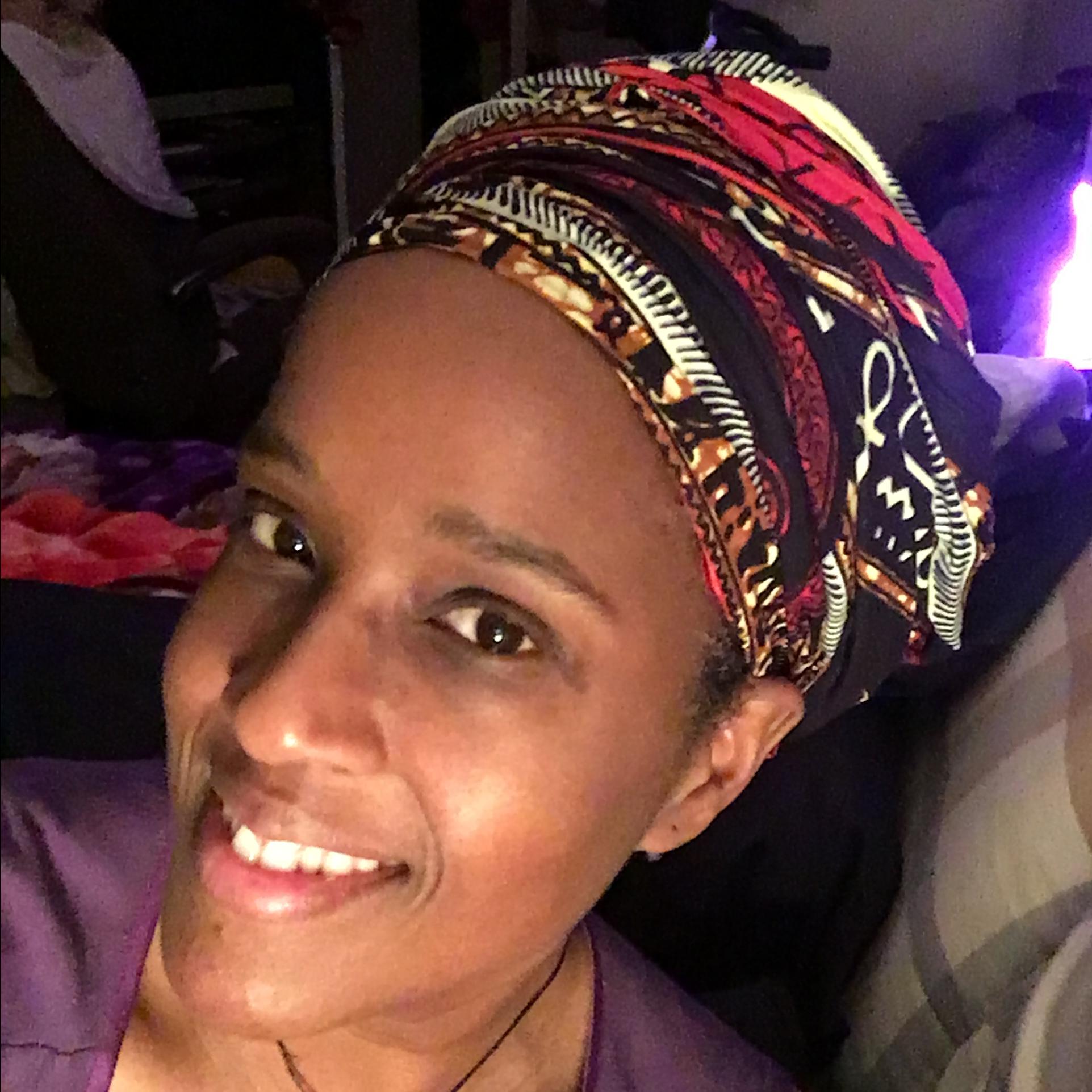VSG versus Dieting
on 7/4/17 3:47 am
I love the part about not getting bonus points for suffering. Well said.
The problem is doing 600-800 calories for life, not just for the amount of time it takes to get to goal. To me this is the reason why people get wls to begin with. I've never lost this amount of weight & manage to keep most of it off without wls.
Every single time I've lost weight, I've gained it back & then some. Wls was the tool I needed to get the weight off & keep it off. It also has brought to life some issues that I hadn't felt like dealing with & used food as a way to get past those issues, only to find out that I wasn't getting past my issues. I was placating them, burying them under food & at times made it worse.
Wls is a wake up call for me & its the best decision I've made to get my life back. ![]()

No one surgery is better than the other, what works for one may not work for another.![]() T-Rebel
T-Rebel
My sister and I were both overweight. She lost all her excess weight with diet and exercise. Twenty years later, she is still a size 6.
I tried and tried and could never lose the weight and keep it off.
After surgery, I had no hunger and could eat only a tiny amount before feeling full. It made it so much easier for me.
At nine years after surgery, I can eat again, but hunger has not yet returned.

Real life begins where your comfort zone ends
on 7/3/17 8:39 am
I have a question along these lines.... I am getting the VSG.. I too have kept off 50 lbs...struggled but kept it off and I am disabled ( 150 pounds came on after I lost mobility) ..so my question...
You need at least 1200-1500 calories to survive... how much do you end up eating after you have lost your weight lets say if you are a 150 pound woman to maintain if you do a normal amount of movement?
"You need at least 1200-1500 calories to survive" I'm not sure where this statistic is from, but it's not true if you're overweight. I've been getting 600-1000 calories a day for the last three years and pretty sure I'm still alive :)
Once people reach maintenance, they can slowly increase their caloric intake to reach the point where they stop losing weight and maintain their ideal goal weight. It's different for everyone as to where that new intake will be.
VSG with Dr. Salameh - 3/13/2014
Diagnosed with Binge Eating Disorder and started Vyvanse - 7/22/2016
Reconstructive Surgeries with Dr. Michaels - 6/5/2017 (LBL & brachioplasty), 8/14/2017 (UBL & mastopexy), 11/6/2017 (medial leg lift)
Age 42 Height 5'4" HW 319 (1/3/2014) SW 293 (3/13/2014) CW 149 (7/16/2017)
Next Goal 145 - normal BMI | Total Weight Lost 170
TrendWeight | Food Blog (sort of functional) | Journal (down for maintenance)
Thanks! Many of us here do, for extended periods of time, at less than 1200 calories :)
Sadly most doctors have very limited education in nutrition, if any at all. There are a lot of myths floating around out there. Like needing 1200 cal to survive, starvation mode, etc.
VSG with Dr. Salameh - 3/13/2014
Diagnosed with Binge Eating Disorder and started Vyvanse - 7/22/2016
Reconstructive Surgeries with Dr. Michaels - 6/5/2017 (LBL & brachioplasty), 8/14/2017 (UBL & mastopexy), 11/6/2017 (medial leg lift)
Age 42 Height 5'4" HW 319 (1/3/2014) SW 293 (3/13/2014) CW 149 (7/16/2017)
Next Goal 145 - normal BMI | Total Weight Lost 170
TrendWeight | Food Blog (sort of functional) | Journal (down for maintenance)
on 7/4/17 3:57 am
I'm 6 months post op and stay between 600-700 calories a day. Have never felt better. I had to unlearn a lot of things as I went through the process. Keep an open mind.
I'm 3 years post-op and very rarely go over 1100 cals. I eat more than 100g of protein on a consistent basis and, according to all my doctors (PCP, Surgeon and Endocrinologist) am very healthy and not lacking in nutrients. You are correct, to each their own, and not knowing your health situation, I shouldn't comment, but I would be concerned about a doctor who understands VSG or other WLS, who advocates eating in excess of 1,200 cals out of the gate.
Good luck to you!!!




